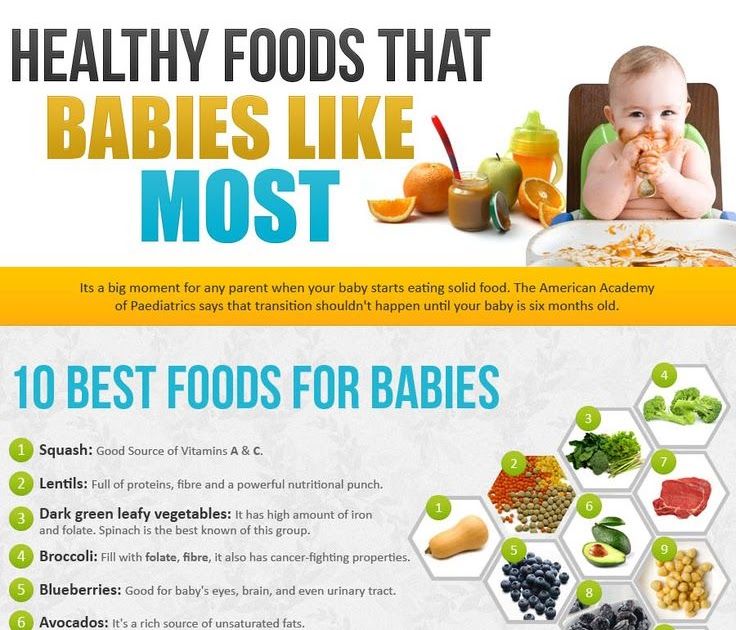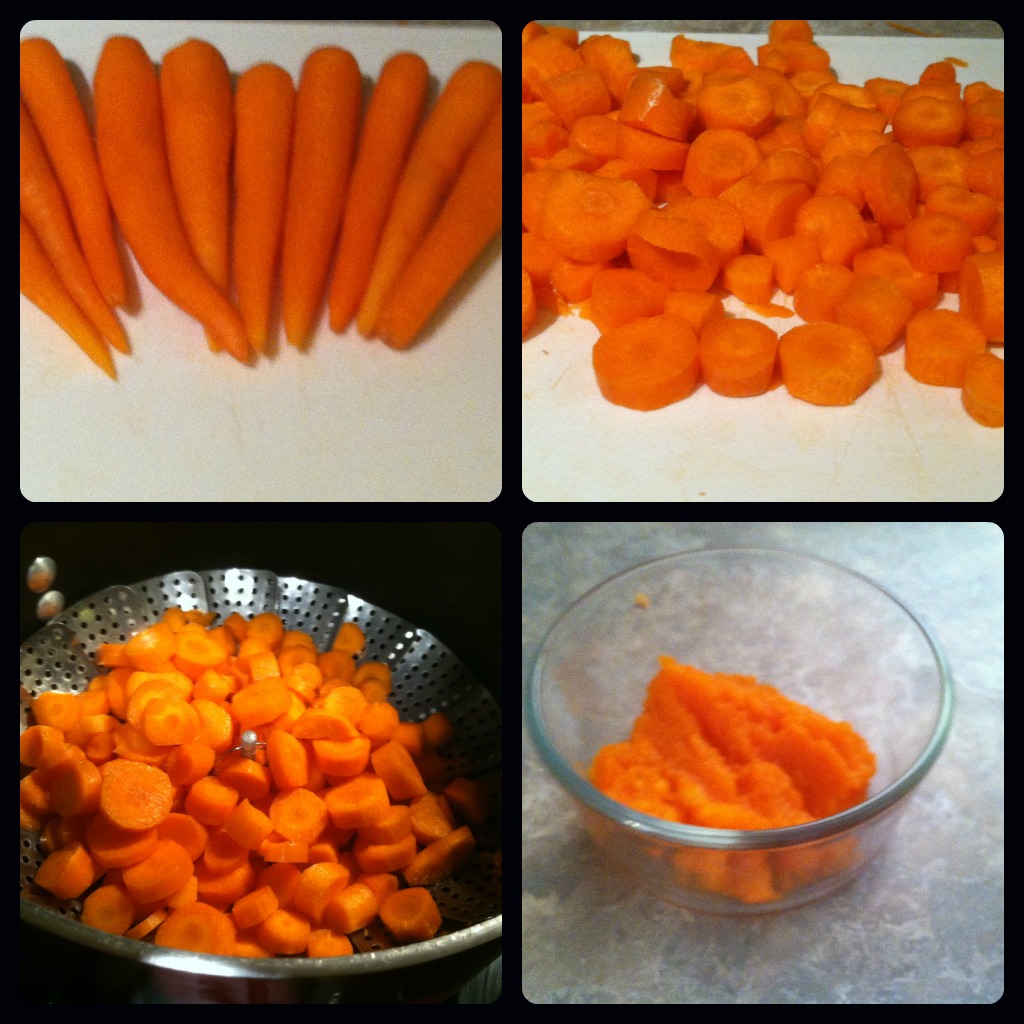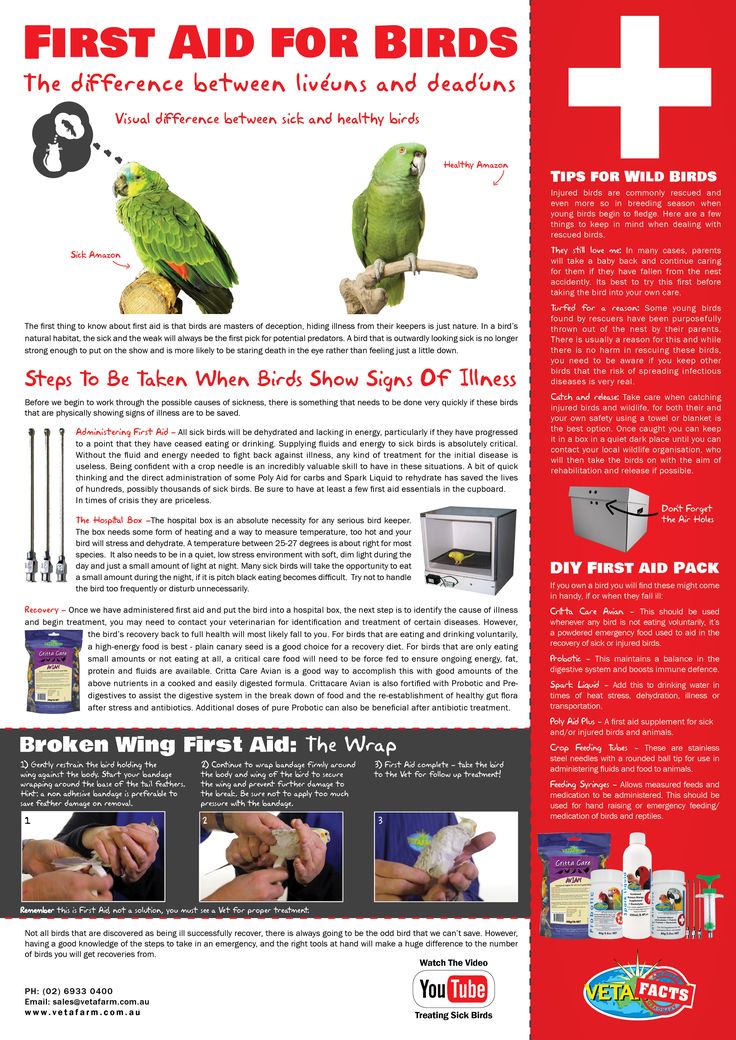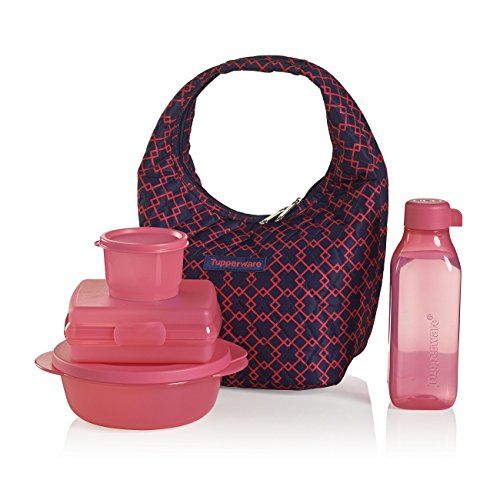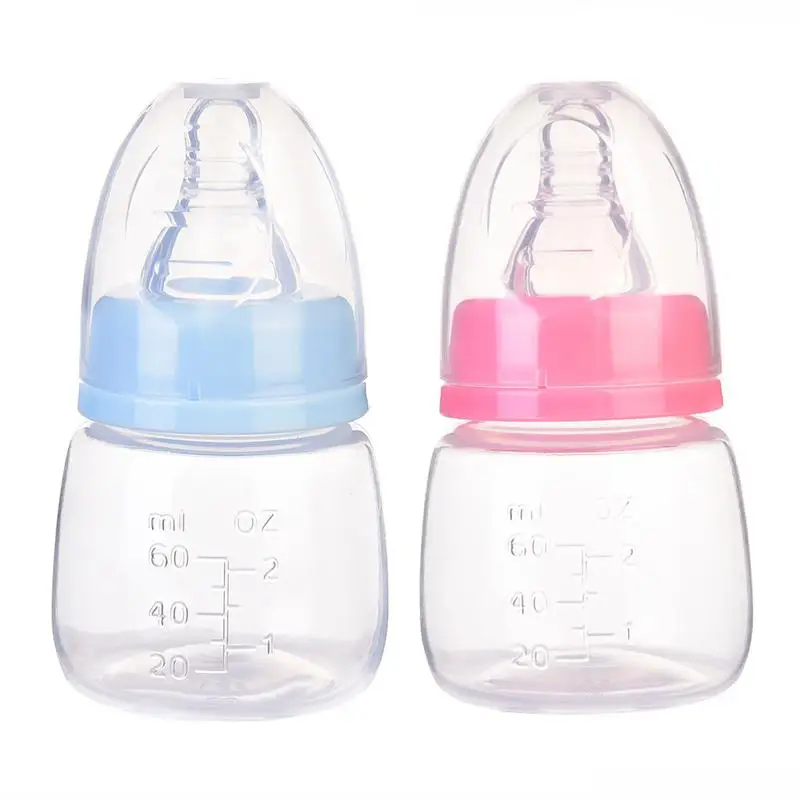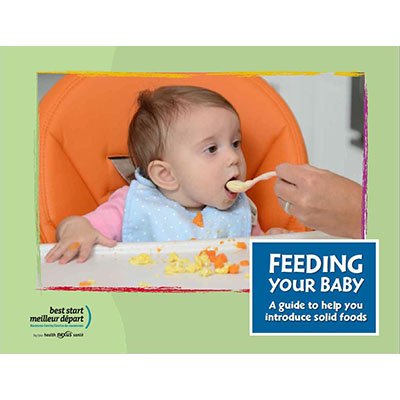Feeding baby powdered milk
Baby formula & bottle-feeding for babies
What is infant or baby formula?
Most baby formula is made from cow’s milk that has been modified so that it suits your baby’s nutritional needs. It’s not the same as cow’s milk.
Why babies need formula rather than cow’s milk
All baby formula has added vitamins, minerals and fats that babies need, which they can’t get from normal cow’s milk.
Also, babies can’t digest and absorb cow’s milk as completely or easily as breastmilk or formula. That’s because the protein level in cow’s milk is too high for babies.
For these reasons, you shouldn’t give cow’s milk to your baby as their main milk drink until your baby is over 12 months old.
Babies under 12 months of age should not have:
- normal cow’s milk as a main drink
- skim, evaporated, powdered or sweetened condensed milk
- dairy alternatives like soy, rice, almond or coconut milk, unless a health professional recommends them.
For most healthy full-term babies, breastmilk or cow’s milk-based baby formulas are recommended until 12 months of age. If you’re thinking of feeding your baby something other than breastmilk or cow’s milk-based formula, talk to your paediatrician, GP or child and family health nurse first.
Stage 1 and stage 2 formulas
Cow’s milk-based baby formulas for babies up to 6 months of age are called stage 1 or starter formulas. You can use stage 1 formulas from 0-12 months old.
From 6 months, you can choose stage 2 or follow-on formula, but you don’t need to change to stage 2. These formulas aren’t better for your baby than starter or stage 1 formulas.
Which baby formula is best?
Every baby formula you can buy in Australia meets strict Australian Standards.
All cow’s milk-based baby formulas are of similar quality and nutritional value, and all suit most babies.
Some brands are more expensive, but no brands are better for your baby than others.![]() And a hospital’s use of a particular brand of infant formula doesn’t mean that the brand is the ‘best’.
And a hospital’s use of a particular brand of infant formula doesn’t mean that the brand is the ‘best’.
You can buy baby formula in powder form or ‘ready to drink’ form. Either is fine for your baby, but ‘ready to drink’ is usually more expensive.
Baby formula with special additives
Some baby formulas have extra ingredients added to them to make them more like breastmilk. But these ingredients won’t necessarily work in the same way as breastmilk in your baby’s body.
Here are some breastmilk ingredients that are added to some baby formula:
- LCPs (long chain polyunsaturated fatty acids): these are important for brain and nerve development. But there’s no clear evidence that babies can absorb ingredients like LCPs when they’re added to formula. Formula with added LCPs might be helpful for formula-fed premature babies’ brain development.
- Betacarotene: this is a source of vitamin A and anti-oxidants. Most formulas already have added vitamin A and anti-oxidants.
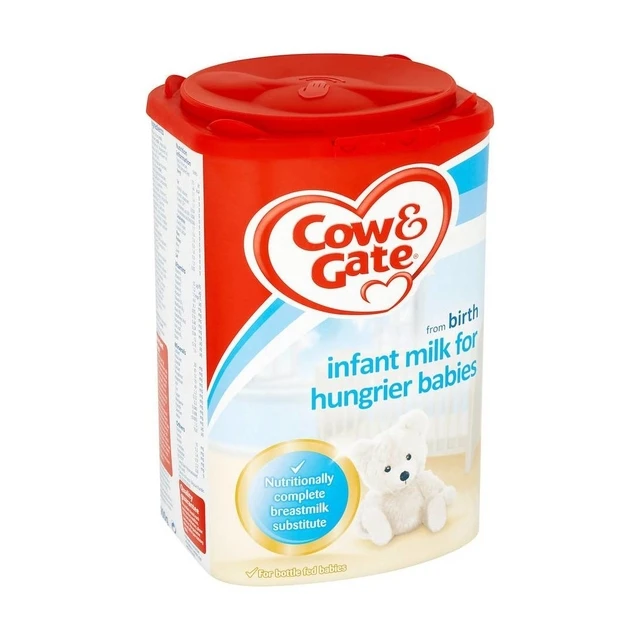 There’s no clear evidence that betacarotene formulas are better for your baby.
There’s no clear evidence that betacarotene formulas are better for your baby. - Prebiotics and probiotics: these can help formula-fed babies grow healthy bacteria in their bowels. The bacteria might help your baby have softer poo and less nappy rash. It might also help reduce the chance of gastroenteritis.
Also note that these formulas might be more expensive than other formulas.
Special baby formulas
For babies under 12 months of age, cow’s milk-based baby formula is recommended over formulas made from soybeans or goat’s milk, or low-lactose or lactose-free formula.
But babies who can’t have cow’s milk-based formula might need special formula. You should use special baby formulas only under medical supervision.
Soy-based baby formula
Some babies can’t have dairy-based products because of allergies or intolerances. Or you might not want to use regular baby formula because of cultural, religious or other beliefs.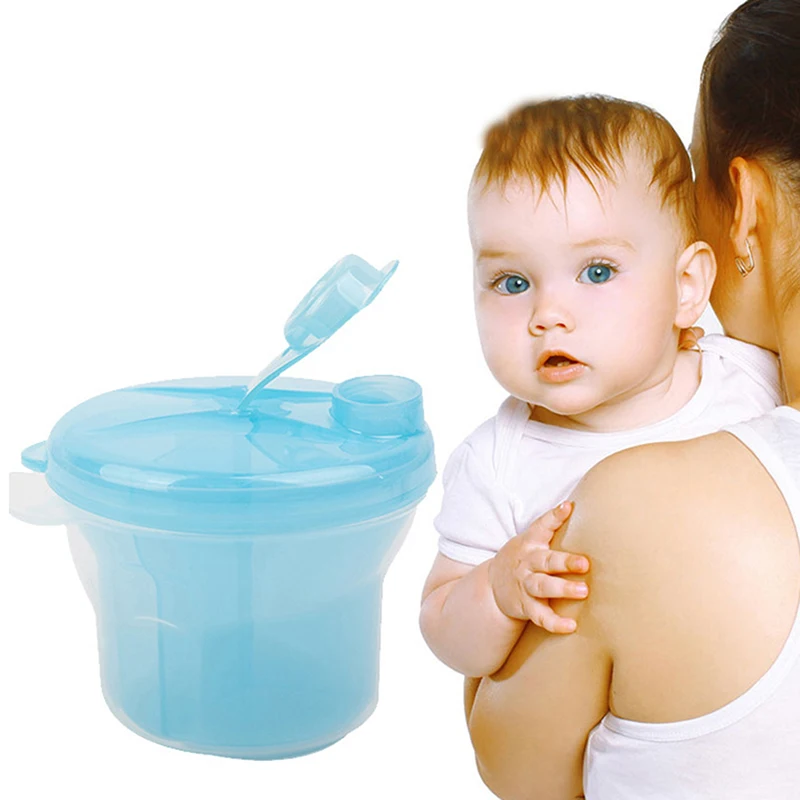
There have been some concerns about the effects of phytoestrogens in soy formula on babies. But soy formulas are considered safe to use if your baby needs one.
Soy-based formulas don’t prevent or reduce the risk of your child developing allergies.
Hydrolysed baby formula
Hydrolysed formula is cow’s milk-based formula in which the milk proteins have been broken down into smaller components:
- Partially hydrolysed (also called ‘HA’ or hypoallergenic) – in these formulas, the protein is partially broken down. These formulas aren’t suitable if your baby has a cow’s milk protein allergy.
- Extensively hydrolysed – in these formulas, the protein is broken down even more. If your baby has a diagnosed cow’s milk protein allergy and you aren’t breastfeeding, your doctor might recommend an extensively hydrolysed infant formula.
There’s no evidence that giving babies hydrolysed infant formula prevents allergy problems from developing, even if you have a family history of allergies.
Prethickened formula and thickening agents
Prethickened (also called ‘AR’ or anti-reflux) formula is cow’s milk-based formula that has a thickener added. You can also buy thickening agents to add to standard baby formula yourself.
Your GP might recommend thickeners or prethickened formula if you’re using formula and your baby has gastro-oesphageal reflux. You should use prethickened formula or thickeners only in consultation with your doctor.
Homemade baby formula
Homemade baby ‘formula’ that uses bone broth and other ingredients, and formula that uses ‘raw’ milk, aren’t suitable alternatives to breastmilk or shop-bought cow’s milk-based baby formula. Homemade baby formula can contain many ingredients that aren’t safe for your baby. Also, it generally won’t have the essential nutrients that your baby needs.
Changing baby formula
Once you’ve settled on a baby formula for your baby, it’s better not to change formula too often.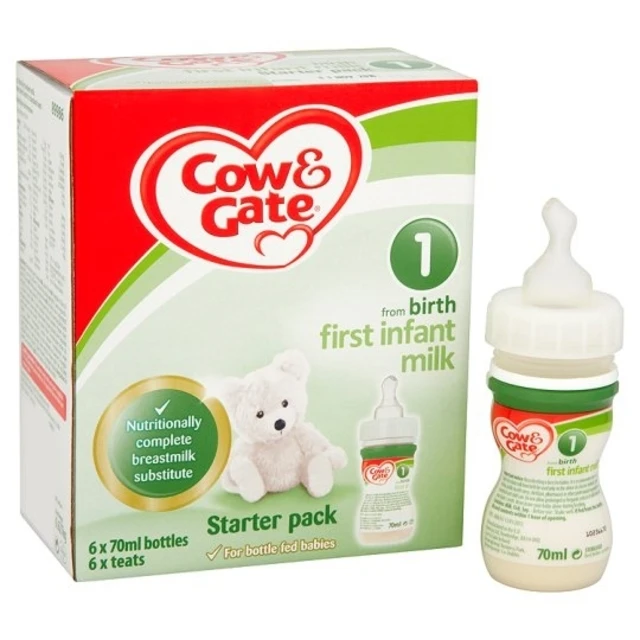 The taste will vary slightly, and it might upset your baby’s feeding routine.
The taste will vary slightly, and it might upset your baby’s feeding routine.
If you do decide to change baby formula, read the directions on the new formula label carefully. Different formulas have different-sized scoops and are made up in different ways.
You can read more about how to make, store and transport formula, how to bottle-feed and how to sterilise bottle-feeding equipment.
Toddler formulas
Your baby doesn’t need formula after 12 months.
This includes toddler or stage 3 formulas. At this age, toddlers should be getting most of their nutrition from solid food and can have cow’s milk as a drink.
If toddlers are having toddler formula, it can reduce their appetite for food. This can mean they don’t get the nutrients they need. It can also contribute to fussy eating.
When your baby is around 6 months old, you can start helping your child learn to drink from a cup. You can aim to stop using bottles by the time your baby turns 12 months old.
Know The Benefits and Side-Effects Of Giving Powdered Milk To Babies
Breast milk is liquid gold for babies. Doctors emphasize on breastfeeding the baby for at least six months. Breast milk contains all the vital nutrients that a newborn needs to fulfill the dietary requirements in the initial months as it is the only food that the infant can have. Mother’s milk helps in building the baby’s muscles but in some cases, babies cannot digest breast milk or the mother is unable to feed the baby. In such circumstances, the baby is given formula milk or powdered milk. But is it safe to feed the baby powdered milk? Are there any side effects of baby milk powder? Know the pros and cons in this article.
What is powdered milk?
Nothing can replace the mother’s milk for a baby’s growth and development. However, there are certain cases where breastfeeding is difficult and hence, out of choice, a mother feeds the baby powdered milk or formula milk.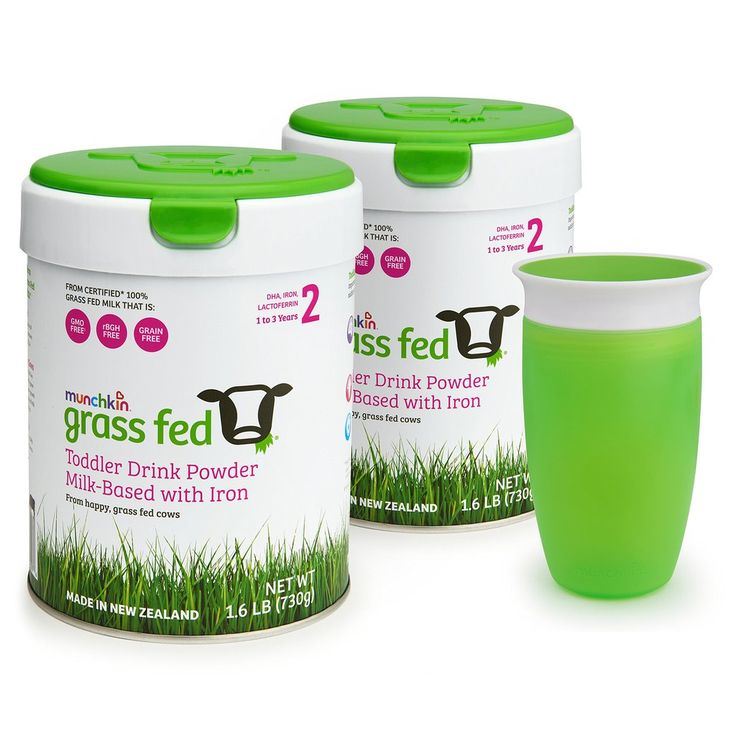 Milk powders for babies are made artificially by vaporizing the liquid milk. It is solely made to satisfy the nutritional needs of the baby. These days, a lot of mothers are opting for formula milk for one or the other reason. But not many of them know the advantages of powdered milk along with disadvantages. Through this article, we tried to highlight all the information.
Milk powders for babies are made artificially by vaporizing the liquid milk. It is solely made to satisfy the nutritional needs of the baby. These days, a lot of mothers are opting for formula milk for one or the other reason. But not many of them know the advantages of powdered milk along with disadvantages. Through this article, we tried to highlight all the information.
Also Read: What Is Breast Milk Jaundice? Know Causes, Symptoms and Prevention Tips
Advantages of Powdered Milk
- Rich with essential nutrients: Formula milk is being made with all the nutrients that should be given to a newborn for his growth and development. It also shields the baby against infections and anemia.
- No relation with the mother’s diet: Usually, the nutrition of the baby depends on the breastfeeding mother’s diet. In this case, the mother can eat anything.
- Easy to feed anytime anywhere: While breastfeeding becomes problematic at some places, with powdered milk this becomes easy.
 Just milk it and feed the baby.
Just milk it and feed the baby.
- Reduced risk of transferable diseases: When breastfeeding, the risk of a disease transfer from mother to baby is high. Giving powdered milk reduces the risk and secures the health of the baby.
- Ease nipple discomfort: Nipple soreness and pain are very common with breastfeeding. The mothers are also relieved of this problem.
Also Read: Effective Natural Treatments For Heat Rash In Kids
Powdered Milk Side-Effects
Let’s talk about the side-effects of powdered milk for babies.
- Lacks antibodies: Nothing is better than mother’s milk for a baby. mother’s milk contains antibodies that protect the child by boosting his immunity. Powdered milk lacks antibodies that may not strengthen the baby’s immune system.
- Not easily digestible for some babies: Since it is artificially manufactured, it might not be easily digestible by the baby.
It may take more time in digesting. Sometimes, the baby vomits immediately after drinking the milk.
- Time taking process: You need to be very precise with making formula milk. The right amount to powder in the right amount of water makes the apt concoction. This takes time to make.
- Costly: While breast milk is naturally produced in the mother’s body, powdered milk is meant to buy from the market. Also, it is costly for the manufacturing process involved. mother’s milk is definitely irreplaceable.
Read More Articles in Tips for Parents
Why can't a baby be fed milk powder instead of formula? | Child health | Health
Anna Shatokhina
Estimated reading time: 4 minutes
7320
Category: Children
Newborn infants and children under 4-6 months of age are fed predominantly with breast milk or specially adapted formulas. However, not all parents do the right thing. Just the other day in Russia, a young woman who recently became a mother came under investigation. Her baby died at the age of five months. The reason turned out to be feeding the baby with a regular dry milk replacer diluted with water, which many people use for baking or as an additive to tea or coffee. Why is such a product deadly for babies?
Answering Head of the All-Russian public movement "Council of Mothers", pediatrician Tatiana Butskaya :
— Breast milk is the best food for a child. If for some reason the mother does not have milk, she should contact the pediatrician for advice on choosing the right food for the baby. You don't have to choose the mixture yourself. The mixture (I emphasize!) Works like a medicine. That is why, when prescribing it, the doctor is guided by the individual data of the child: his age, weight, the presence or absence of problems with the gastrointestinal tract.
The case in Primorsky Krai shocked me. Now there is a huge selection of mixtures in stores. There is no shortage! Artificial milk substitutes can be bought at any children's store or pharmacy. Moreover, we live in the information age, when experts non-stop talk about the fact that children should not be fed cereals and cow's milk during the neonatal period. These foods can harm your baby. Powdered milk even more so. Whole milk powder contains oxysterols (substances containing mainly cholesterol). They are formed during the drying of whole milk and are considered harmful not only for children, but also for adults. In addition, milk concentrate contains a lot of fats and proteins:
Whole milk powder is 1/4 protein and 1/4 fat.
Skimmed milk powder contains 1% fat and 37% protein.
When diluted with water, of course, the amount of these substances decreases, but it is still very large. The amount of proteins exceeds the norm by 2-3 times. For the gastrointestinal tract of the child and his kidneys, this is a very serious burden. It happens that even children of one year of age cannot cope with it, and what can we say about a newborn! For such a child, powdered milk is a metabolic disaster. Its introduction into the diet causes a violation of the acid-base balance in the body, as well as problems with the kidneys and the hematopoietic system.
The fact is that there are a lot of proteins and they are very heavy. Due to the deficiency of enzymes, the infant body cannot break them down. Proteins in unchanged form are absorbed through the intestinal wall and provoke microdiapedetic bleeding in the intestine. The body loses iron, and these losses exceed the norm by 4-5 times. So the child develops anemia.
Kidneys suffer. They are functionally not fully mature, have a limited filtration rate. An excess of proteins, sodium, potassium, chlorides leads to water and electrolyte disorders. At the initial stage, the development of this problem is signaled by the thirst of the child. He screams, asks for water, but usually in such situations, parents give the baby another portion of the mixture (food), which makes the problem worse. As a result, the child ends up in the hospital with acidosis, acute renal failure, in advanced cases, all this leads to the death of the baby.
- No milk or semolina. What absolutely can not feed babies? →
- Instead of milk. What to feed the baby in the first year of his life →
- Baby lunch. How to choose infant formula →
breastfeedingpregnancy and childbirth
Next article
The most interesting in social networks
Media news2
Pediatrician listed foods that should not be fed to babies - Moscow 24, 19.12.2019
December 19, 2019, 11:04
Society
Photo: depositphotos/studioM
Pediatrician Tatyana Butskaya told what absolutely should not be fed to babies, according to the Arguments and Facts website.
She reminded that newborns must be fed according to certain laws and rules, and deviation from them can lead to serious health problems in children, which can even end in death.
The pediatrician says that children should not be given powdered milk. According to her, replacing them with formula is a bad idea. She advises in the absence of breast milk to contact a specialist to choose the best option for the mixture.
Butskaya warned that "milk dry mix" and "milk powder" are not the same thing. She drew attention to the fact that whole milk powder includes oxysterol components, substances based on cholesterol.
Also cow's and goat's milk should not be given to newborns. According to the expert, this is the most serious allergen, which also contains a huge amount of proteins. The most aggressive is beta-lactoglobulin. Doctors noted that in babies its intolerance is caused by enzyme deficiency and high permeability of the intestinal walls. You can introduce such milk into the diet of a child at the age of about a year.
Another prohibited product is kefir. It has an "aggressive" acidity and can lead to a violation of the acid-base balance in the child's body, create an additional load on the kidneys, as well as cause anemia and food intolerance.

